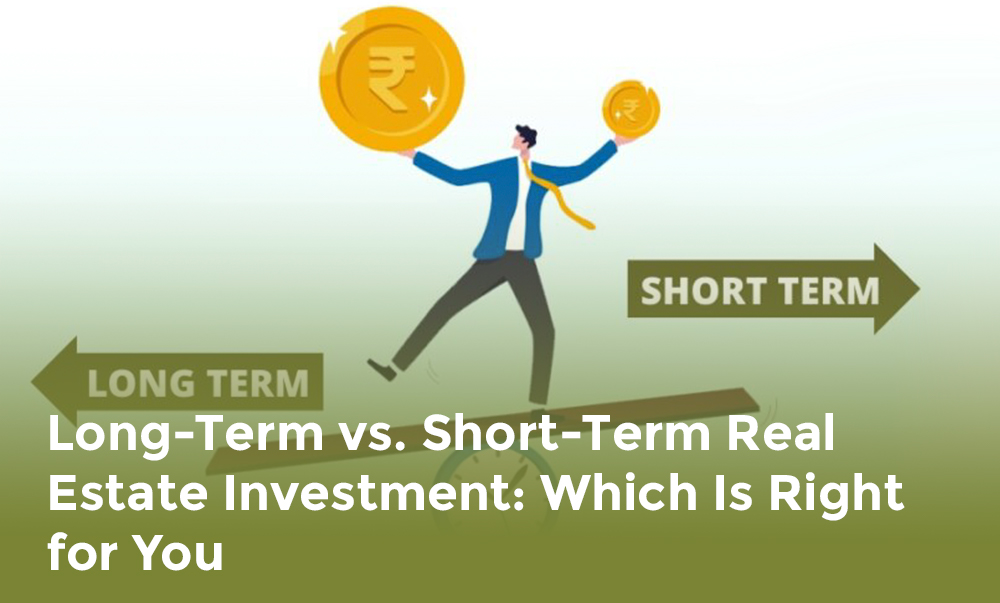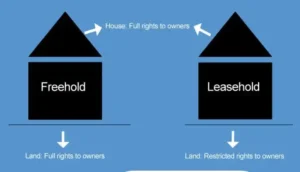When it comes to real estate investment, one critical decision to make is whether to pursue a long-term or short-term investment strategy. Both approaches have advantages and drawbacks that should be carefully considered before making a decision. In this blog post, we’ll look at the key factors to consider when deciding between long-term and short-term real estate investments.
- Long-Term Real Estate Investment:
Long-term real estate investment entails purchasing properties with the intention of holding them for an extended period of time, typically several years or even decades. This strategy focuses on generating consistent cash flow from rental income while benefiting from long-term property appreciation. Here are some key points to consider:
Stable Rental Income: Long-term investments provide a consistent and reliable stream of rental income, making them an appealing choice for investors looking for consistent cash flow to supplement their income or retirement funds.
Property Appreciation: Real estate tends to appreciate in value over time, allowing long-term investors to profit from capital appreciation. This can lead to significant wealth accumulation over time.
Property Management: Long-term investing frequently entails hiring professional property management services to handle day-to-day operations, tenant screening, and property maintenance. This allows investors to benefit from passive income without having to manage the property themselves.
Short-Term Real Estate Investment:
Short-term real estate investment, also known as “flipping,” means buying properties with the intention of quickly selling them for a profit. Consider the following key points:
Quick Returns: Short-term investors look for undervalued properties, make improvements, and sell them for a higher price in a short period of time. This strategy has the potential to generate quick profits.
Active Involvement: Short-term investors must actively manage the processes of purchasing, renovating, and selling. This method necessitates hands-on experience, in-depth market research, and effective project management abilities.
Market Conditions: Short-term investments are more vulnerable to market volatility and economic conditions. Timing is critical in successfully selling a property for a profit.
Choosing the Right Strategy:
Your financial goals, risk tolerance, and investment timeline all influence whether you invest in long-term or short-term real estate. Consider the following questions to assist you in making your decision:
- What are your financial and investment goals?
- Do you want consistent cash flow or quick returns?
- How involved do you want to be in property management?
- What is your risk tolerance and time horizon for investing?
- How do the current real estate market conditions in the locality align with your chosen strategy?
- What are your financial and investment goals?
- Do you want consistent cash flow or quick returns?
- How involved do you want to be in property management?
- What is your risk tolerance and time horizon for investing?
- How do the current real estate market conditions in the locality align with your chosen strategy?
Remember, there is no one-size-fits-all approach, and the best strategy for you is dependent on your specific circumstances. To assess your options and make an informed decision, you should consult with real estate professionals, financial advisors, and tax experts.
Finally, both long-term and short-term real estate investments have their own set of benefits and considerations. Understanding your financial goals, risk tolerance, and investment preferences is critical in determining which approach is best for you. Whatever strategy you choose, real estate investment can be a rewarding way to build wealth and secure your financial future.


